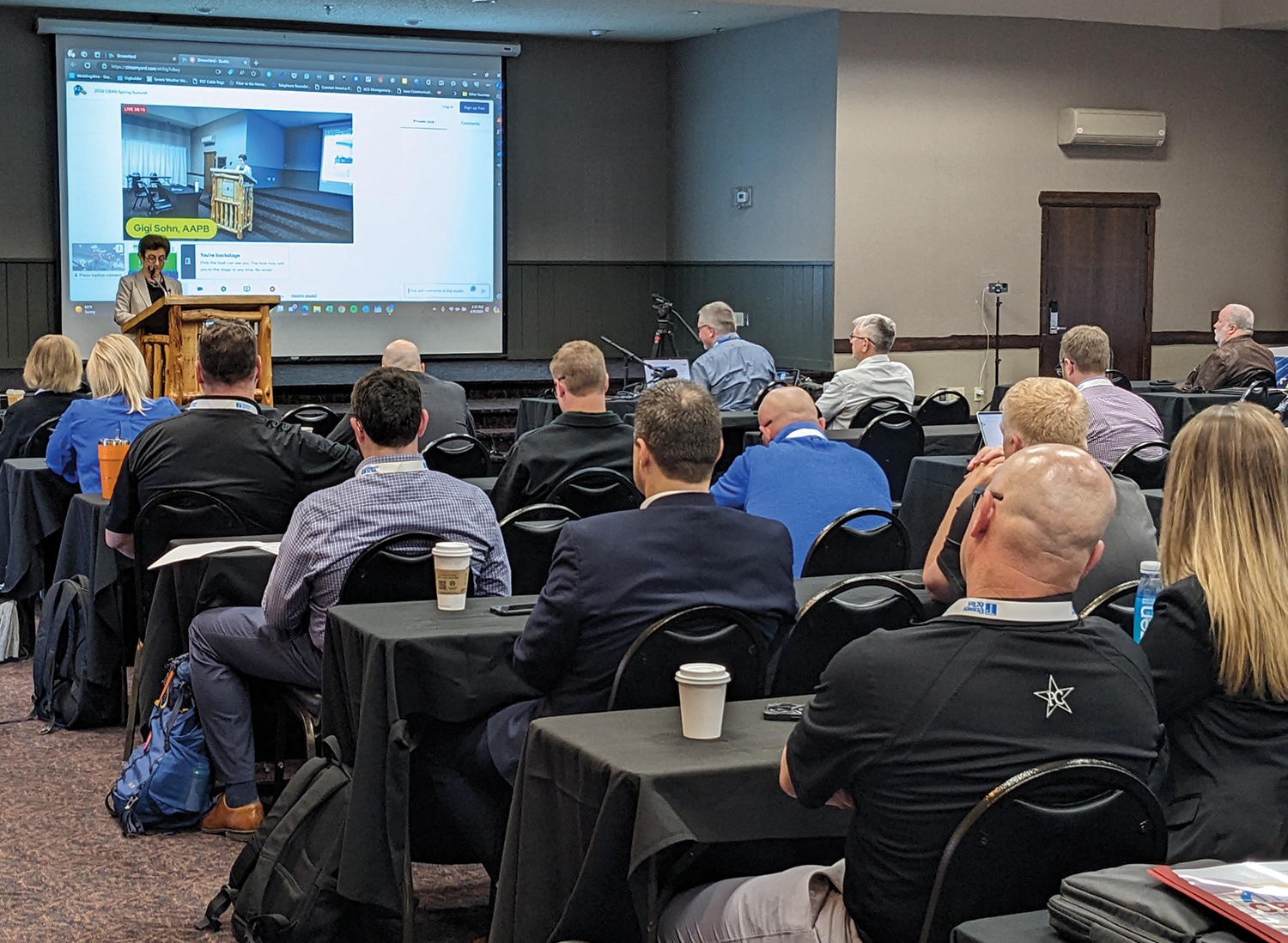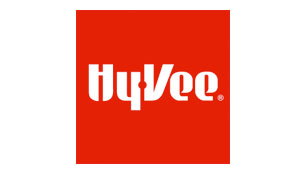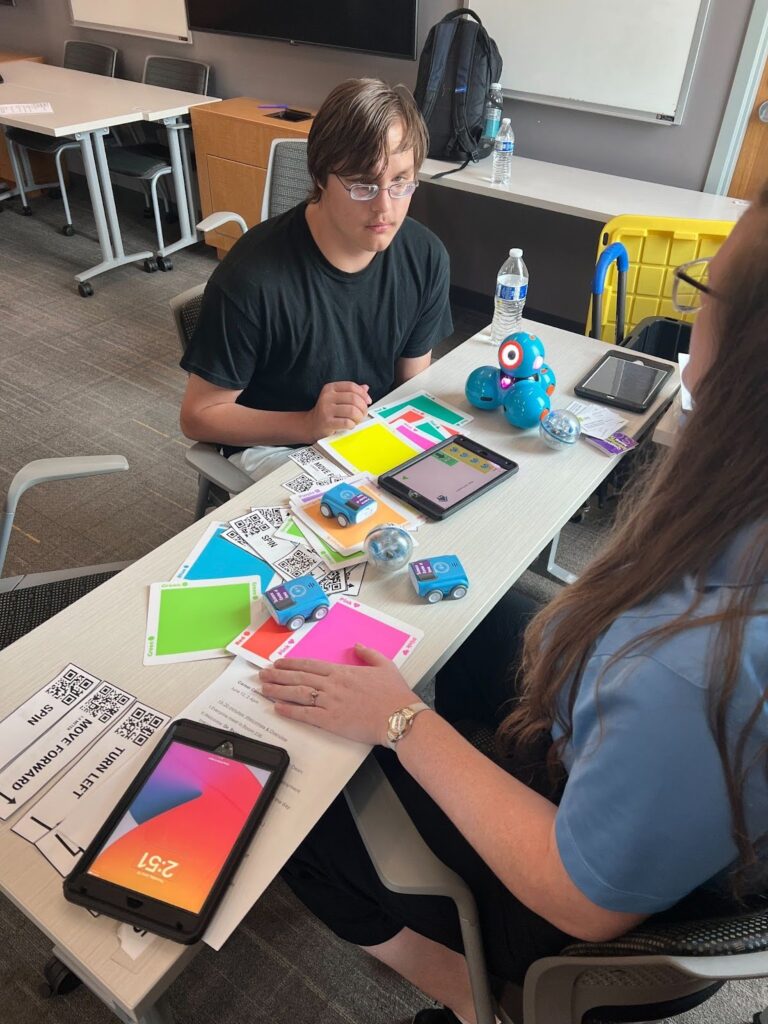Takeaways from CBAN’s 2024 Spring Summit
Community broadband advocate shares about state of locally owned broadband networks in keynote address

Gigi Sohn, executive director of the American Association for Public Broadband (AAPB), a nonprofit trade association representing community-owned broadband networks, was the keynote speaker at the 2024 Spring Summit hosted by Iowa-based member organization Community Broadband Action Network (CBAN) on April 9. Community broadband networks are those owned and controlled by local governments and residents, including the physical infrastructure, Sohn said. She said AAPB “believes that communities should be free to choose the communications network that best meets the needs of their residents.” Her keynote address reflected on “the best of times and the worst of times” she said public broadband is currently experiencing.
Below are a few takeaways from her speech.
The best: Community broadband successes in U.S. and Iowa
Sohn said there are currently 650 community broadband networks in the U.S. — 450 owned by local communities directly and the other 200 owned by cooperatives owned and operated by local residents.
While 16 states still restrict locally owned broadband networks, she said state-level barriers are falling and “enterprising communities” are figuring out ways to navigate restrictions.
Among examples of public broadband successes across the U.S., Sohn said Iowa’s progress in this area is notable because it is the state with the most community broadband networks in the country. Iowa’s 29 public networks include Cedar Falls, Vinton, Pella, Waverly and Indianola, and more are in progress in Decorah, Waterloo, Fort Dodge and West Des Moines.
Sohn highlighted West Des Moines for its “unique model.” West Des Moines’ citywide open-access conduit network has partnered with GFiber, previously known as Google Fiber, Mediacom, Lumen and Mi-Fiber to provide last-mile service to residents, she said.
“While the city originally proposed installing drops from the network to the home, it changed course, and the [internet service provider] of resident’s choosing will now provide those connections,” Sohn said.
She said the city with a population of nearly 71,000 people is also working to connect low-income households with hot spots and ultimately fiber.
“For West Des Moines, digital equity isn’t an afterthought. It’s baked into the system,” she said.
The worst: Defending community broadband
On the other side of the coin are the regular attempts by existing broadband providers to block community broadband networks, Sohn said. She has helped halt six efforts to stymie public networks in her 10 months leading the American Association for Public Broadband, she said.
According to Sohn, one strategy entities can use is paying another organization to employ media and legislative strategies to work against the progress of a public broadband network. Legislatively, garnering enough signatures on a petition can put the question of a network on a ballot initiative.
She said the three main ways to defend public broadband networks are leadership from those initiating the efforts to launch community networks, press attention on the issue and rebutting arguments against public broadband.
Sohn said efforts to stop attempts to hinder public networks have been successful, but it leaves behind negative effects as well, such as discouraging some communities from pursuing a public network.

Sarah Diehn
Sarah Diehn is editor at Business Record. She covers innovation and entrepreneurship, manufacturing, insurance, and energy.











